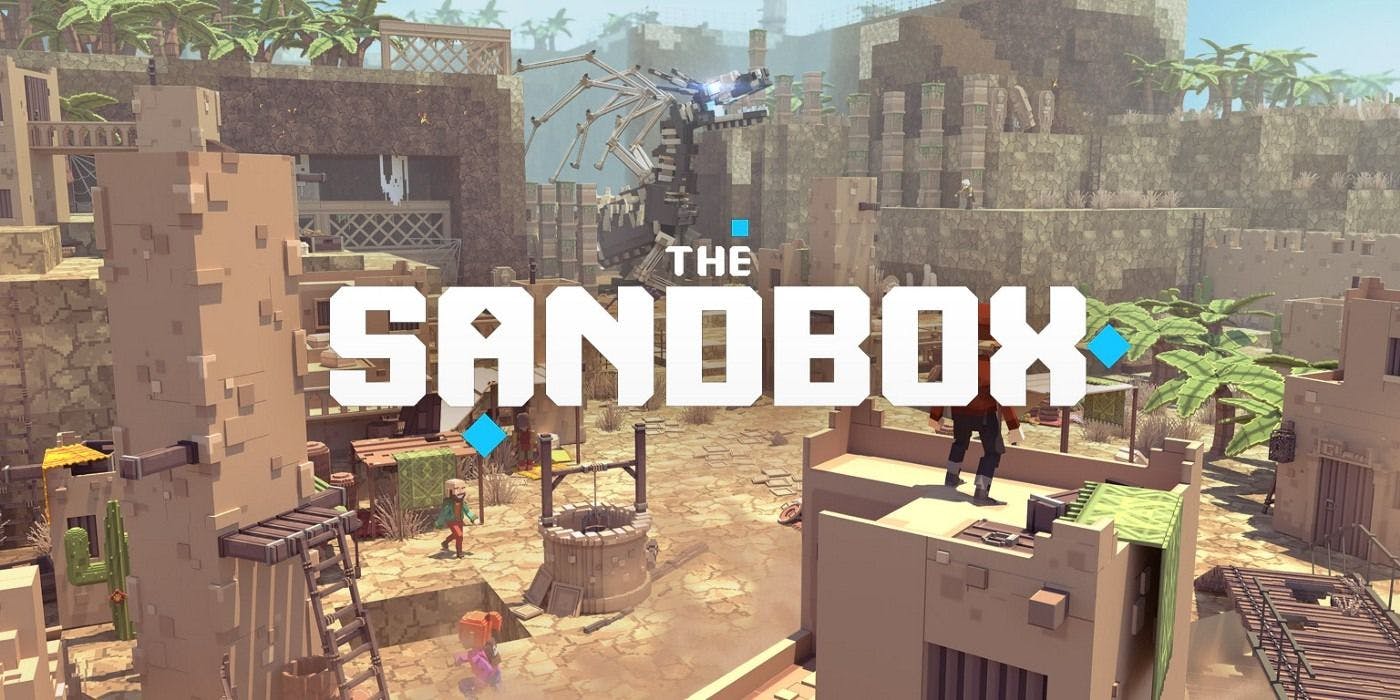1,188 reads
The Metaverse: Is It a Boy's Fantasy or The Future?
by
November 1st, 2022
Audio Presented by

I run The G Files - a free newsletter that gives you actionable insights and ideas on life, business, and wealth.
Story's Credibility

About Author
I run The G Files - a free newsletter that gives you actionable insights and ideas on life, business, and wealth.
